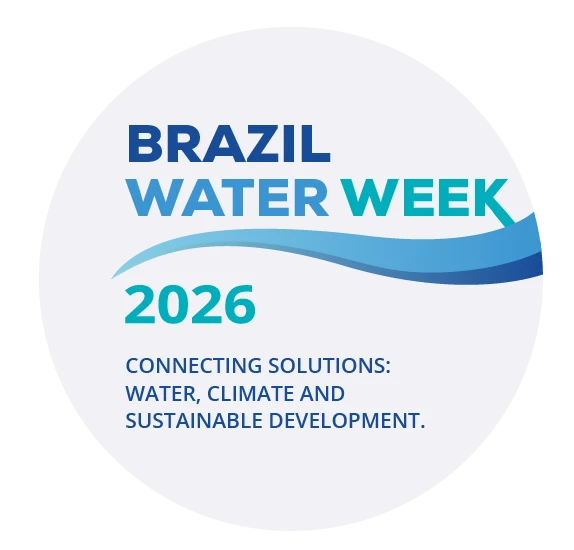About the theme
Climate change has the potential for extremely relevant impacts on the sanitation sector and people’s lives in general. The impact is such that it causes homelessness, hunger and migrations in search of better survival conditions.
The consequences of changes in precipitation patterns, and consequently flows, bring other relevant issues such as conflicts of use, during droughts, and potential disasters during floods. Conflicts induced by lack of supply generate difficulties in water allocation and disputes among users. Floods often cause disaster situations that impact lives and bring economic losses.
There is often a need for better information systems to alert populations and managers about the imminent disasters. There is great potential for building tools that effectively use measurement, forecasting and alert technologies.
Resilience, in a complementary way, needs to be built with the aim of reducing the impact of disasters on populations, in order to enable adaptation to new hydrological regimes. There are several sets of solutions that can increase robustness and reduce vulnerability and disaster risk.
Other adaptation measures can act on water supply, requiring structural interventions such as the implementation of desalination plants, reuse, water storage structures, basin interconnection, sometimes even as redundant systems.
Finally, but not less important, there is a need to adopt measures that promote rational water use and reduce demand. There is already concern about reducing losses in distribution systems, but also the encouragement of the introduction of water-saving equipment, whether in residential or industrial areas, better management of irrigation systems, among others.
Coordinators

Mônica Porto
Full Professor at the USP Polytechnic School

Rafael Volquind
ABES Environmental Thematic Chamber coordinator
